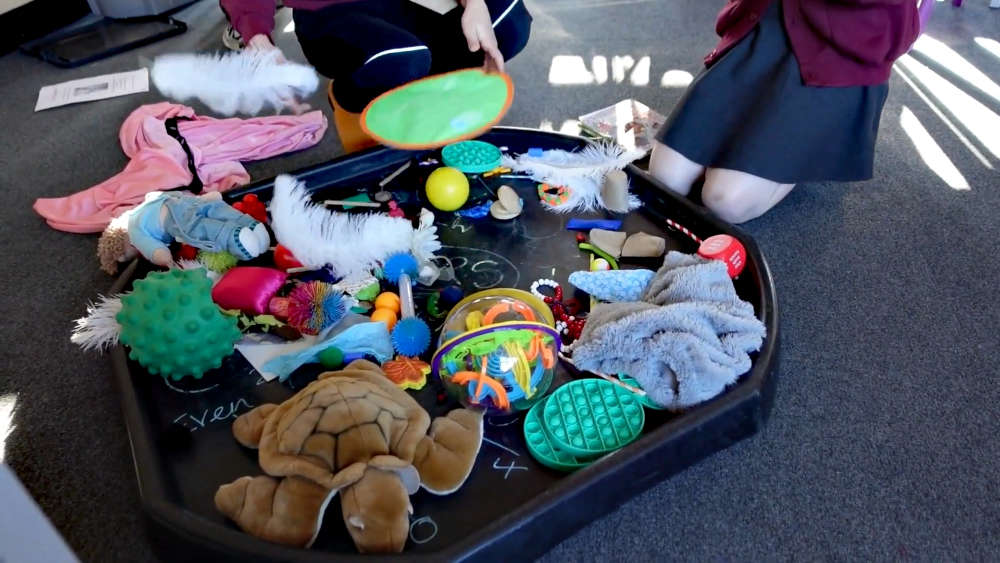
Schools in Sussex have been chosen to pioneer a groundbreaking pilot project aimed at enhancing support for children with neurodivergent needs.
The Partnership for Inclusion of Neurodiversity in Schools (PINS) Project, launched this week by the NHS in Sussex, is claimed to be a "significant step forward" in prioritising the diverse needs of students in schools and other educational settings.
Hear from children who could benefit from this scheme, and education staff, in the film below.
According to the NHS, the PINS Project should do several things:
- Provide early support and interventions at the school level to proactively address mental health challenges.
- Cater to a variety of learning styles, thereby fostering a more inclusive educational environment.
- Foster collaboration between schools and parent carers to ensure a holistic support system.
- Contribute to the evolution of comprehensive Special Educational Needs and Disability (SEND) provision within schools.
Sussex Health and Care, a collaborative initiative between the NHS and three local authorities, has successfully secured funding from The Department for Education (DfE), Department of Health and Social Care (DHSC), and NHS England to start the project which, for the time being, is limited only to certain parts of England.
Drawing insights from the ongoing Autism in Schools project, which has garnered acclaim for its impactful interventions in West Sussex, the PINS Project will be rolled out initially across 40 primary schools in Sussex over the course of one year.
It will be led by representatives from the NHS, local authority education boards, schools, and Parent Carer Forums.
Speaking on the launch of the project, NHS Sussex clinical lead, Bikram Raychaudhuri, said:
"Recognising and accommodating neurodiversity within school environments is not only essential for children on the spectrum but for fostering a culture of acceptance and inclusion that benefits all students.
"By prioritising neurodiversity support in schools, we pave the way for a more equitable and enriching educational experience for every child and also promote better relations with parent-carers."


 Man Admits To Damaging Cars In Bognor
Man Admits To Damaging Cars In Bognor
 Two Men Arrested In Connection With Brighton Rape
Two Men Arrested In Connection With Brighton Rape
 Appeal Following Assault In Horsham Shop
Appeal Following Assault In Horsham Shop
 Appeal After Arson At Gym In Burgess Hill
Appeal After Arson At Gym In Burgess Hill
 Two Men Sought In Connection With Brighton Rape
Two Men Sought In Connection With Brighton Rape
 Councillors Support Baby Box Partnership With Charities
Councillors Support Baby Box Partnership With Charities
 Brighton And Hove Bus Fare Cap Bid Foiled By Cost
Brighton And Hove Bus Fare Cap Bid Foiled By Cost
 New Medical Centre Scoping Exercise Agreed By Wealden Council
New Medical Centre Scoping Exercise Agreed By Wealden Council
 'Out Of This World' Ideas Put Forward For Future Of Brighton i360
'Out Of This World' Ideas Put Forward For Future Of Brighton i360
 New Fire Engines For West Sussex
New Fire Engines For West Sussex